Importance of Crawlability and Indexability for SEO
The current scenario of a boom in the digital world and a fast-changing resurgence in the communication infrastructure peruses us to go with the tide. Ignoring all such never-ending transformations mean you are pushing yourself backward. Having a visionary approach always remains important, especially in the cases of retaining and sustaining the websites for business. You should mandatorily follow as well as accept the new trends and challenges to mark a place in the online world. For example, you should understand the importance of crawlability and indexability for SEO.
According to data, there are over 1 billion websites available on the World Wide Web today. And, the number of websites keeps increasing every second and each passing of the day. With an ardent ambition to beat their counterparts, each and every website unceasingly strives for a place on the first page of Google. But, crawlability and indexability issues prevent them from getting ranked and thus get out of the competition.
One important aspect which needs to be understood is that most SEO experts and especially webmasters consider contents and backlinks, whenever they think about the organic rankings and the authority of websites concerned. It is true that content and backlinks play a pivotal role to improve ranking and authority of the websites.
It is high time you understand one more aspect equally remains crucial in the present context. Two other factors that play a significant role in helping to bring an improvement in the organic rankings of the websites include; crawlability and indexability. Errors in indexability or crawlability might result in causing for your website to lose the organic rankings despite whatever efforts you did and no matter how awesome contents you wrote or the number of many backlinks you had.
Understanding Crawlability and Indexability
Crawlability can be best described as the search engine’s ability to access and crawls contents on the web pages. The websites without any crawlability issues will allow the web crawlers to access and crawl all the contents easily through following the links between the pages.
If any particular website has the broken or dead links, then it is bound to face the typical crawlability related issues, which in turn might affect the search rankings.
Indexability, on the other hand, can be defined as the search engine’s abilities to analyze and also add a new page to its index.
Indexability issues can also affect your rankings. Your SEO efforts will go in vain if your website has the indexability related issues.
Factors Affecting the Crawlability & Indexability of the Websites Concerned

1. Website Structure
Evaluate your whole website strategically. You must ensure that you are easily able to reach to the main pages of your website from any given page. Your audiences can reach to your Home Page from any given page within a click. With such hassle-free arrangements, you will be able to bring your website before many potential visitors.
Structure of your website plays greater role in crawlability. If your webpages aren’t linked to Home Page besides other related pages, web crawlers might face difficulty in accessing them.
2. Internal Link Structure
Ensure that your website’s internal link structure helps a web crawler to travel through the web by following the links. Interlink one page from the other. You should also ensure that interlinks make sense to the readers and allow the crawlers to see that your contents are interrelated and relevant as well. By having a proper internal link structure, your website will definitely allow the web crawlers to the next step of effectively navigating, crawling and indexing through your website for the better outcomes you expect.
You May Also Like: Benefits of Link Juice in SEO
3. Server Errors
It is a proven fact that broken server redirects to other server-related problems might equally prevent the web crawlers as well as your readers from accessing all of your contents. If your website takes lots of time in the opening, the readers will rather likely leave instead of continuing to try and make the page load.
If your users leave your website without opening that, you are surely going to stop the crawlers from being able to access your website contents thus a big loss in its indexing as well.
Top Five HTTP Errors, as per Google, are as follows:
- HTTP Error 401 (Unauthorized)
- HTTP Error 400 (Bad Request)
- HTTP Error 404 (Not Found)
- HTTP Error 403 (Forbidden)
- HTTP Error 500 (Internal Server Error)
4. Outdated or Unsupported Technologies
Avoid using outdated or unsupported technologies, which are no longer crawlable by the search engine bots. You must, therefore, ensure using the latest technologies because outdated or unsupported technologies might persistently prevent the bots from crawling your website.
Also, check that all the programming languages used in your website are up-to-date and latest. It is equally a proven fact today that 41% of the consumers would prefer a simple website design while 59% of the consumers prefer a stunning website.
5. Code Errors
Coding errors might also create the crawling and indexing errors. While coding is being written, make sure that they are fresh to work properly. You can intentionally block the web crawlers from the indexing a few pages, which you want on your website.
Helping the Search Engine Bots to Crawl and Index a Website
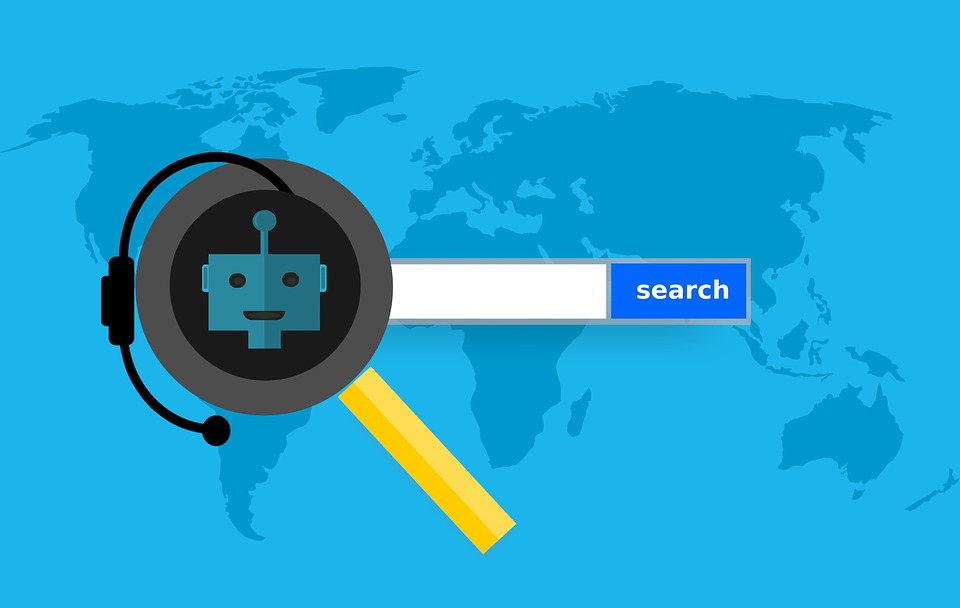
Website owners and webmasters need to find out effective ways how to make their websites easier to crawl and index. If it is done properly and meticulously, the ranking of your website would definitely witness an innumerable improvement.
1. Submit Sitemap to Google
Submit your sitemap to the search engines using the Google Console. A sitemap is a list of the important web pages of your site and it lets the search engines bots to go through your contents.
2. Use Internal Links
Internal linking supports SEO strategies and improves the crawlability and indexability elements. In order to increase the chances of Google’s crawler to find out all the contents on your site, you must use the power of internal linking.
Connecting one page with the other also helps you to engage your readers to the best extent possible.
You May Also Like: Link Out to Others to Improve your Rankings & Authority
3. Regularly Update and Add New Contents
Apart from keeping your contents fresh, engaging, persuasive and of course best as the relevant one, keep updating and adding new contents in your website on regular intervals. It will prove helpful for you to attract the visitors, introduce your business to them and also convert them into your paying clients.
Whenever you update and add new contents regularly, search engine crawlers will start to crawl and index the pages much quicker and faster to get noticed.
4. Avoid Using the Duplicate Contents
Apart from affecting the website ranking, duplicate contents cause big damages of decreasing the frequency of crawlers to visit your website so literally it is pushed towards isolation.
Always remember that the content you generate and update on the site must meet the search engine’s parameters and guidelines to provide something valuable to the targeted audiences—readers turning into your potential consumers. If your website has duplicate content issues, then fix that at the earliest as part of a major damage control strategy.
5. Speed Up Your Page Loading Time
Faster loading websites ensure better user experiences and so do they improve the chances of bots crawling and indexing rates. If your website takes lots of time in the uploading process, then for sure crawlers will leave your site without opening it.
A crawler in a fast uploading website will be able to visit that before it runs out of time. In fact, even 1 second of delay in the page loading reduces the page views by 11% and decreases customer satisfaction by 16%. It is definitely a matter of great concern.
Summing It Up
Most of the SEO experts believe that fresh and user-friendly contents supported by the high-quality backlinks will improve the ranking and authority of the websites concerned. And, they also know that their efforts might go in vain if search engines’ crawlers can’t crawl and index their websites easily.
Therefore, they should check your website regularly whether the search engine bots are easily crawling and indexing the website or not.
We elaborated above a few common factors which are always affecting crawlability & indexability of websites. The solutions we shared above are definitely going to greatly help the search engine bots to crawl and index a website for the positive outcomes sought.
To know more about our exclusive website content writing services; corporate profile writing services and et al, get in touch with our team now. We write pieces of content, which are not only SEO friendly and problem-solving, but also in compliance with search engines crawlability & indexability elements.

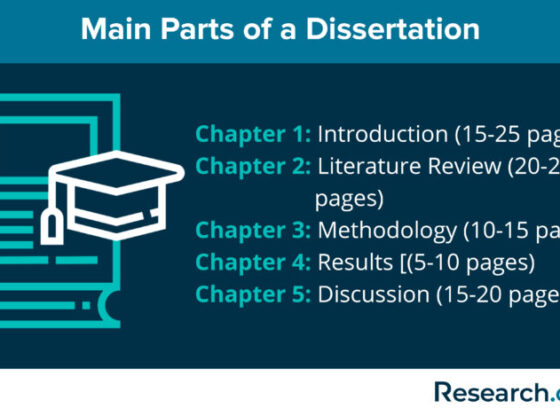


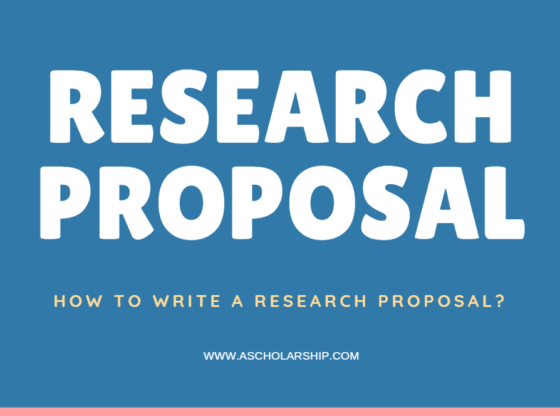
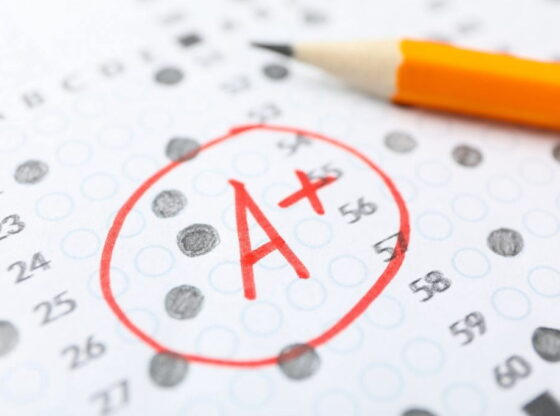



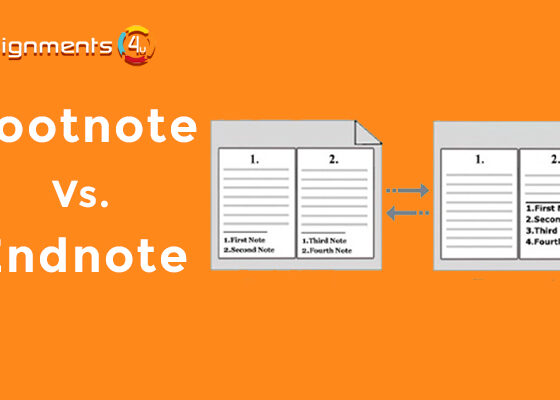



Awesome blog!
Crawlability and indexability play a great role in improving the organic ranking of web pages.
Hi Elfried,
We do appreciate your understanding about crawlability and indexability in SEO.
Crawlability is the ability of the search engine bot to access the content of a web page. And, indexability is the ability of the search engine bot to access a particular content on a website.
Hi Rahul,
Thanks a lot for reading this post deeply. Agreed.